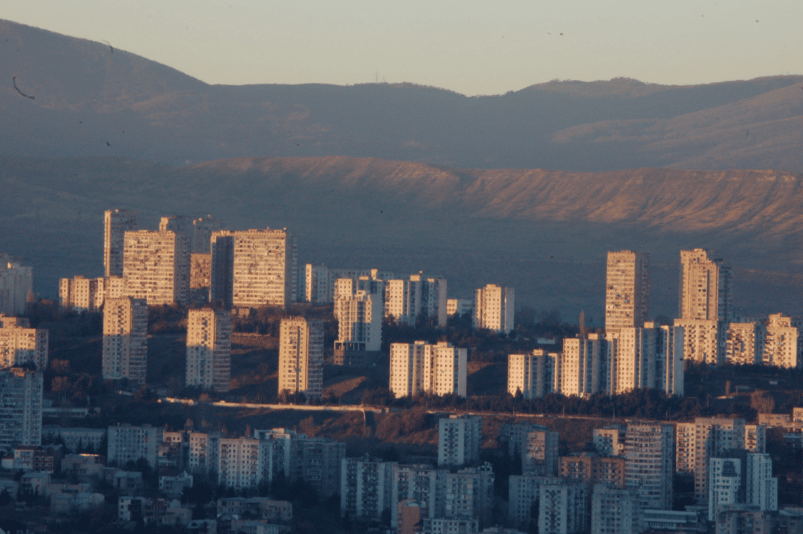Following a growing interest in Europe’s Cold War Heritage, the Heritage Tribune is highlighting new perspectives from countries on the other side of the Iron Curtain. In three special articles written by three young authors, this heritage, which has become even more topical due to the war in Ukraine, will be described. How does the post-Cold War generation look at this heritage in Poland, Georgia, and Romania?
The initiative for these articles stems from the European Cold War Heritage Network and the Cold War Heritage project of the Dutch Cultural Heritage Agency. The articles are also published in the Dutch Erfgoedstem Newsletter (Voice of Heritage).
Georgia
For the newer generations (millennials, generation Z), the remembrance of our Soviet past is gradually being lost to time. Those born after the collapse of the Soviet Union and who didn’t live under communism lack a deep understanding of this era.
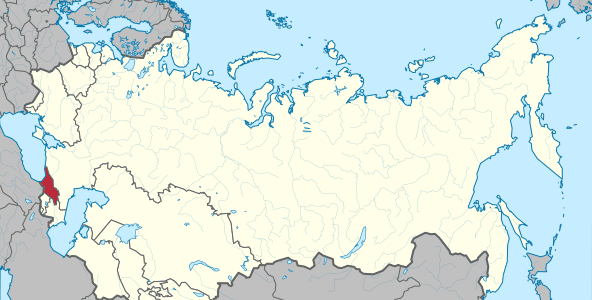
Between 1991 and 1993, while the country struggled for independence after the collapse of the Soviet Union, there was war in Abkhazia and Tbilisi. In this time, much of “the old” was turned into ruins. The physical collapse of buildings and institutions symbolised the collapse of communism. As such, everything needed to renovation – both physically and spiritually.
In my childhood, I was raised with items produced before Georgia’s independence and in a house built during the Soviet era. Regardless, the USRR was treated as a historical past, as was the Cold War epoch. When my generation was born, the Iron Curtain was already torn, borders were open, and the light from the West shone bright. And so, in the early 2000s, Georgia looked towards European democracy and a better future away from communism.
This meant the destruction of many buildings and monuments from that era. In 2005, following the Rose Revolution of 2003, it was decided that ‘Andropov’s Ears’, a key symbol of the communist period would be dismantled.
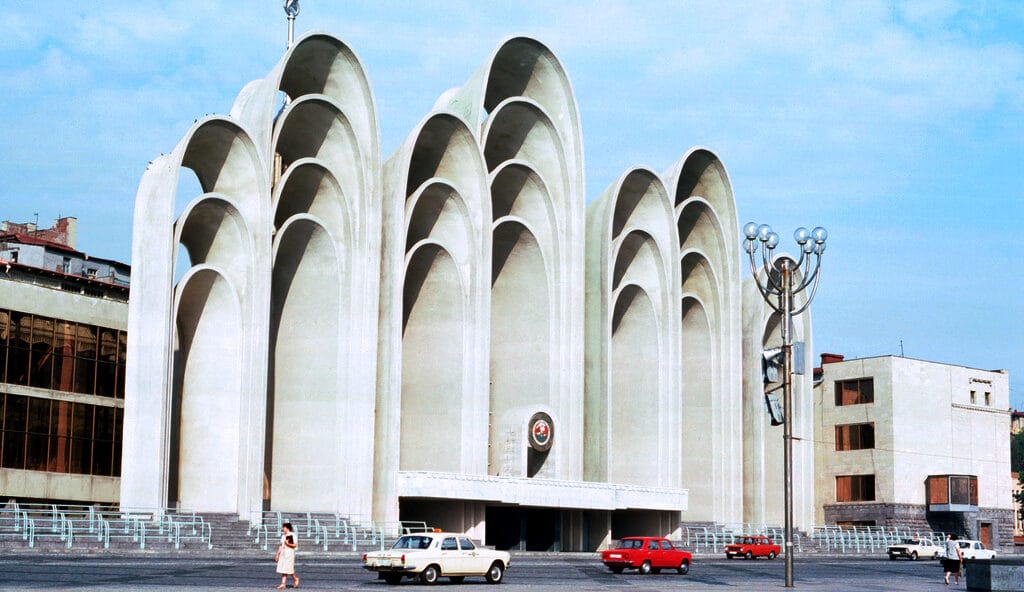
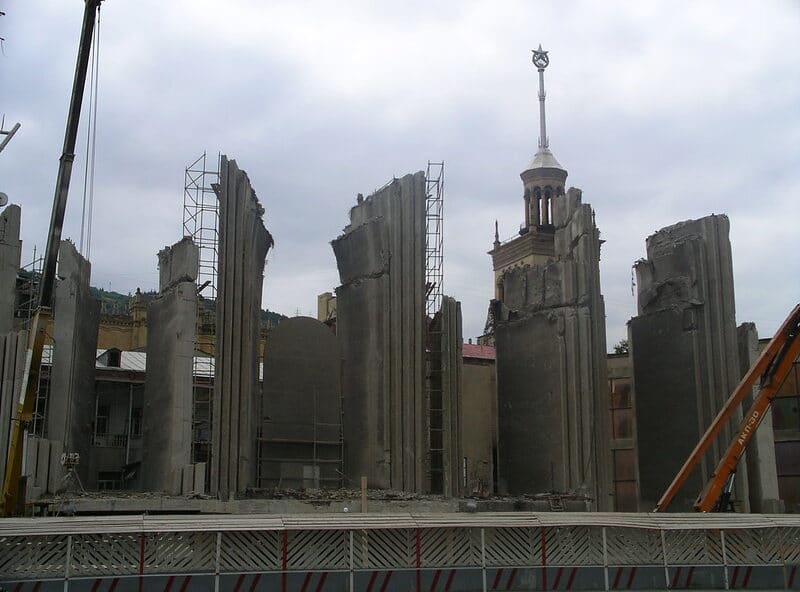
They had been built in 1983 for the visit of Yuri Andropov, Secretary General of the USSR. The monument, shaped like a wave, symbolically embodied the legend of Tbilisi. It was intended to represent the warm waters discovered by its founder, but to the citizens, it looked like a building with hearing-aids. The people gave it the name ‘Andropov’s Ears’, as a joke about the inescapable communist eavesdropping. Its demolition that year was a statement from the country, highlighting the negativity that Georgians had towards the Soviet regime.
What have survived from this era are the Soviet bomb shelters. Some young people have formed small groups to seek out important, but hidden, sites from the past. Their searches have uncovered “the town, under the town”, a large network of bomb shelters and bunkers beneath Georgia.
There are numerous abandoned places, tunnels, and specially equipped halls with air ventilation and water supply systems. The size of each bunker is different: some were designed for 50 people and some for 1500. Each was equipped with toilets, showers, utility rooms, filters for protection against external pollution, and strong barriers against radiation. In one of them, a communication system was found; it is obvious that they were not intended for ordinary people.
I have the feeling that I am speaking about the Trojan War
Zura Abashidze, Georgian historian
Based on the size of the network of the shelters, which are scattered all over the Tbilisi, we can conceive that soviet Tbilisi was specially prepared for possible nuclear war. Time is frozen in these places, all indicating that the grand apocalypse they were waiting for has been postponed. In photos, the shelters seem very much alive with horrific coziness and a sense isolation.
For the younger generations, the Cold War is just a period from history books. We do not have any personal connections or feelings about it. The famous Georgian historian, Zura Abashidze, wrote in his book about the war: “I have the feeling that I am speaking about the Trojan War”.
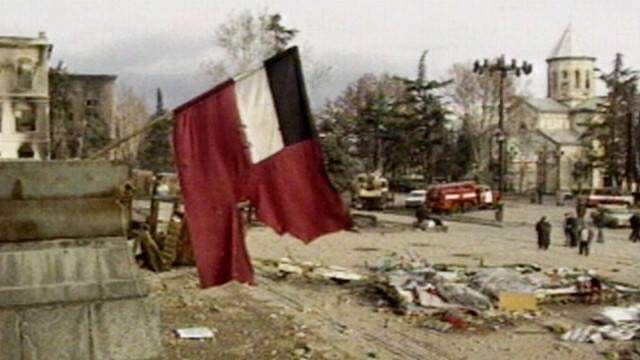
I can’t say the same about our parents and grandparents. Those who have the experience of living through the Cold War period have different points of view. Sometimes I can feel their fear that the past could be repeated, especially when we watch war live on television and “nuclear” still haunts our minds.
Can we think of the Cold War as such a distant past? Does the fact that only a few pages in our school textbooks devoted to the Soviet era mean that it is actually over? Perhaps we didn’t spend long enough re-evaluating it and doing in-depth research. We still feel the threat that the successor of the Soviet Union is still trying to pressure us at the borders and drag us behind a new Iron Curtain. Is the threat real? We hope not.
Most of the population has never heard of the existence of these bunkers, as they have never been used for their primary purpose. Hopefully neither we nor future generations of a global world will ever face the cultural and physical hunger like our parents’ generation, who bought jeans on the black market and secretly listened to the Beatles from their neighbours.
Marita Sakhltkhutsishvili
Marita, 28, is an art historian from Georgia.

